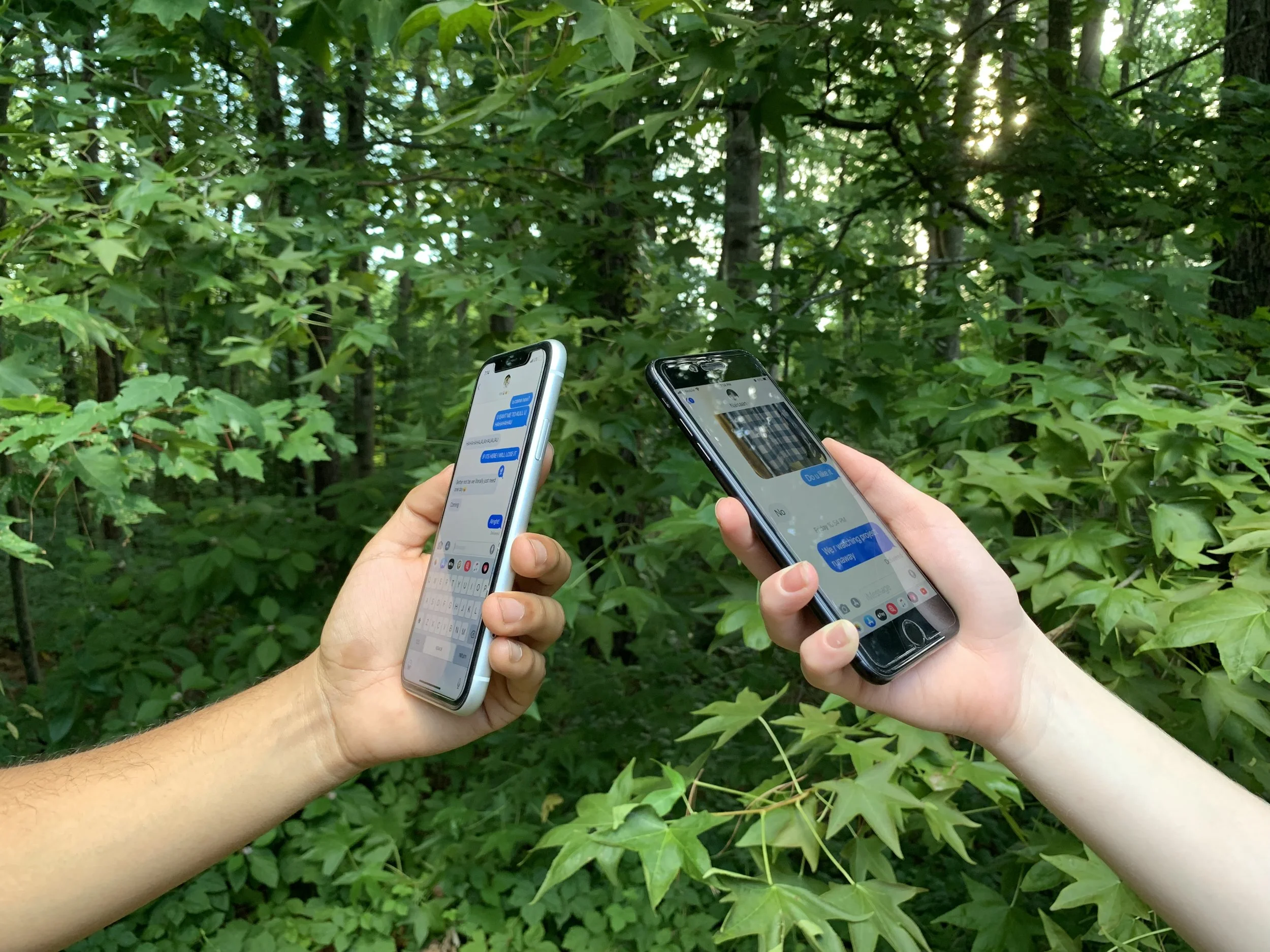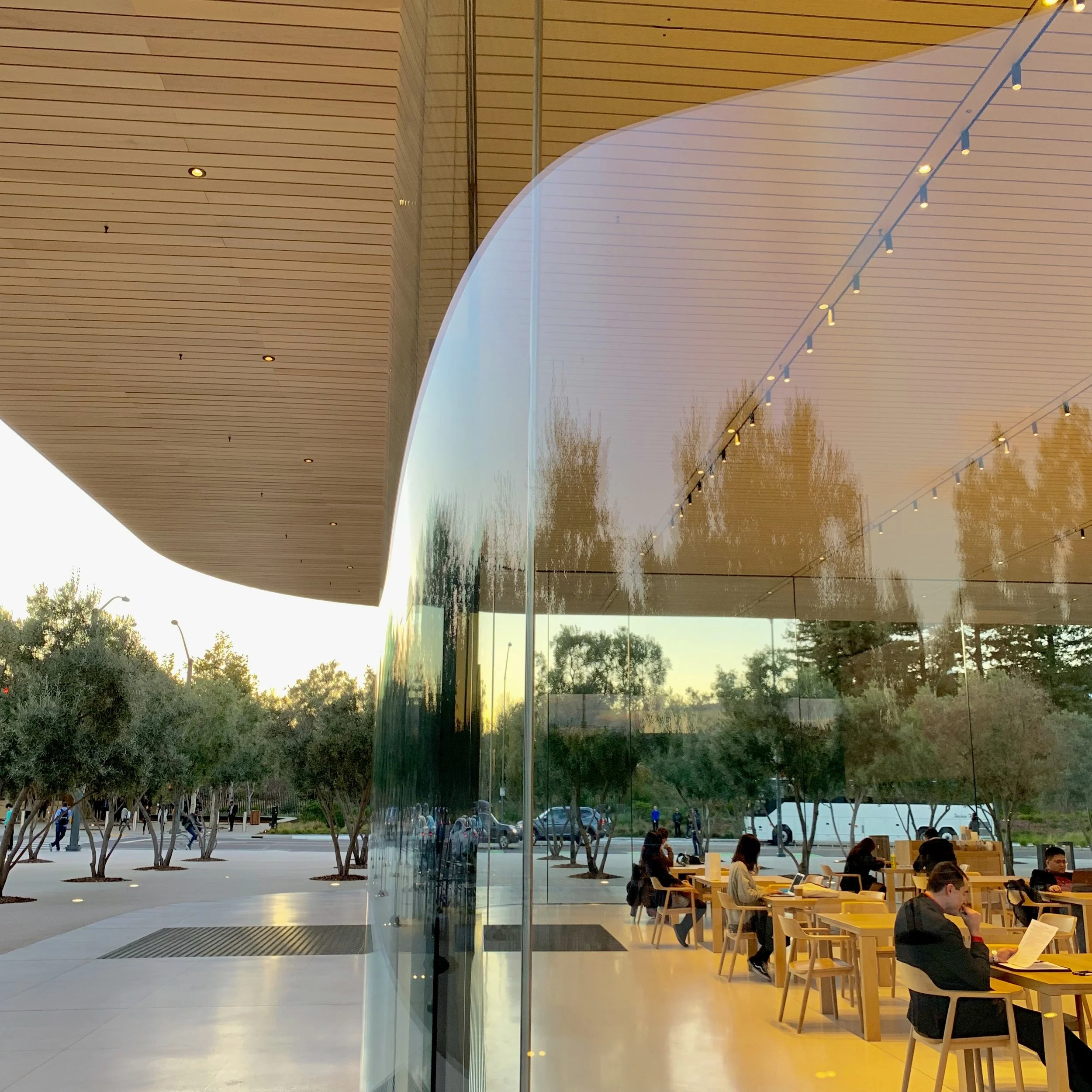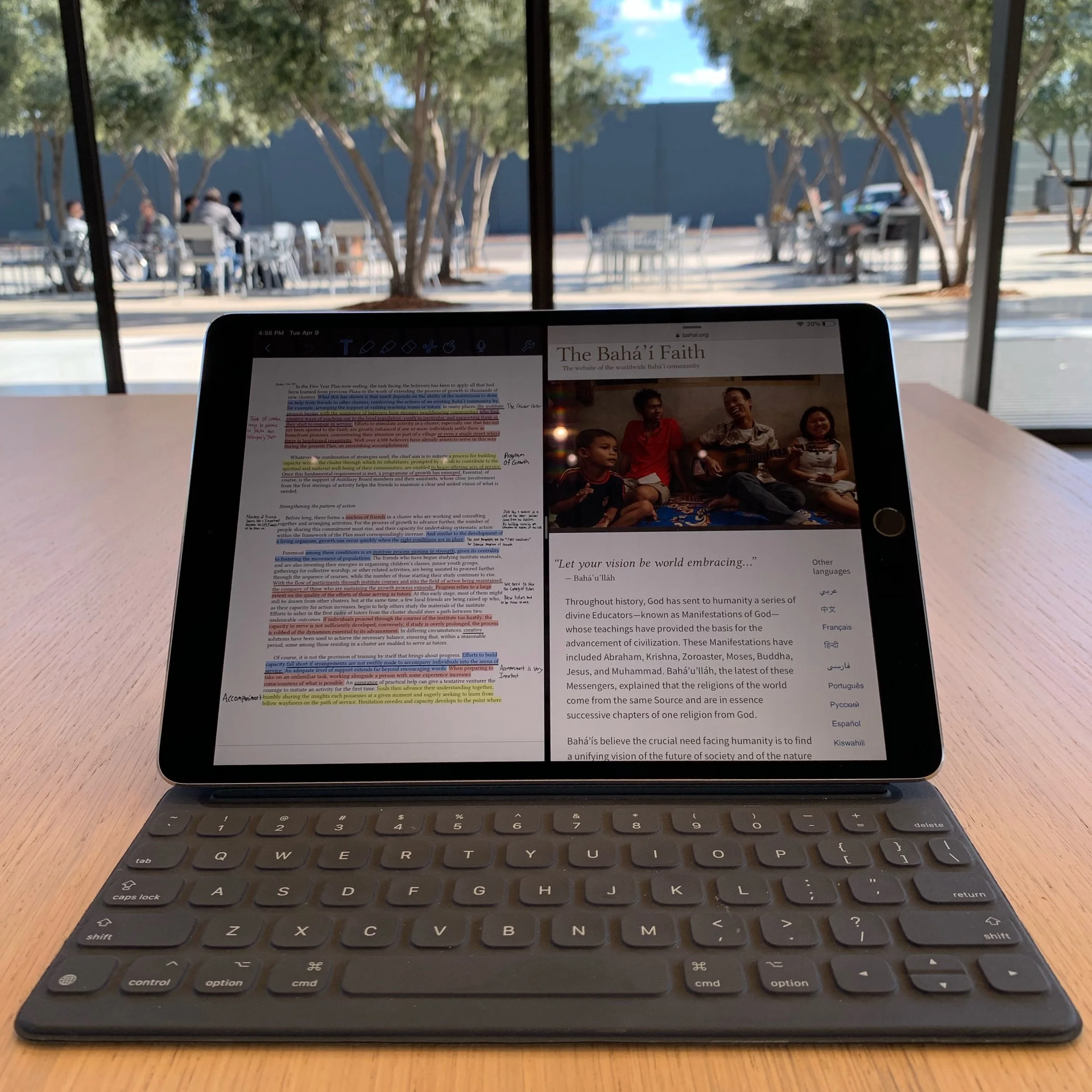The Future of Private Messaging is Unity
“The well-being of mankind, its peace and security are unattainable unless and until its unity is firmly established.” - Bahá’u’lláh, Gleanings Page 186
In my lifetime having access to the internet went from a luxury to a necessity. Virtually every aspect of our lives somehow relies on the internet. To oversimplify the internet is a group of servers that allow others to access or transmit the information that’s on them. In other words, if you want to send a message, your message goes from your phone through a server (via a cell tower) and then your message goes from that server to the person you sent it to. But what if there was a way to send a message directly to the person you want without the internet. That’s what FireChat is.
Amar Toor writing for The Verge back in 2014:
Unlike WhatsApp and other messaging apps, FireChat doesn’t require an internet connection for users to communicate. Instead, it uses a phone’s Bluetooth and Wi-Fi signals to connect it to other devices within a given range. In this setup, known as a mesh network, each phone acts as a node, and as more devices link together, the network’s range expands.
FireChat lets you bypass the internet and server part and lets you directly send the message to the person if you’re within 90 feet of them (via a Bluetooth connection). The idea is that your message will be encrypted and hop anonymously from person to person through Bluetooth until your message is received. This is much slower than just sending a message over the internet but it does have its use cases. FireChat markets this as a way to communicate in a concert or an airplane where reliable internet isn’t a given.
Where this Bluetooth hopping concept becomes really interesting is in cases of oppressive governments. During protests in countries like Iran or China, the government will block messaging apps like Telegram and WhatsApp so that protestors can’t organize easily. We take it for granted here, but in authoritarian governments, the internet can be censored or blocked at any time. An app like FireChat would theoretically solve this problem. A government could block access to a set of servers WhatsApp uses, but it is almost impossible to get everyone to turn off their phones. With FireChat even if a government tries to shut down communication, messages will still get sent, albeit in a slower manner.
We are privileged to live in a society where we don’t have to worry about the government censoring or restricting our internet access, but that isn’t the case everywhere. It’s especially unfortunate when people who are protesting for rights we take for granted have their means to communicate and assemble shut down when they need them most. This Bluetooth hopping concept is the digital equivalent of passing a torch. If the internet is shut down people can rely on each other’s Bluetooth connections to get messages sent. Sure a torch isn’t a great light source but it’s better than nothing. Just like passing a torch has its limitations so does relying on other people’s Bluetooth.
I’ve been thinking a lot about this idea recently and what intrigues about it is that it’s basically a messaging system that relies on unity. This potential network where everyone relies on everyone else’s Bluetooth connection shows how much we need to work together. FireChat doesn’t work on a nationwide, or even globally because not enough people use it. If Apple or Google built a FireChat like feature into their phones it would instantly make this future a reality.
Having a chat system that doesn’t rely on the internet would be useful in times of crises as well as for those who can’t afford a data plan. By becoming a part of this Bluetooth handoff system you not only benefit yourself you also benefit others who will unknowingly use your phone’s Bluetooth to allow their message to be sent/received by others. That’s the beauty of it, you not only benefit but also contribute to the system as a whole. Inherently, in order to communicate with others, you rely on others and others rely on you. It doesn’t matter what gender, race or nationality you are, you and your cooperation with others is every bit as important to the whole network as everyone else, and that to me is Unity.








